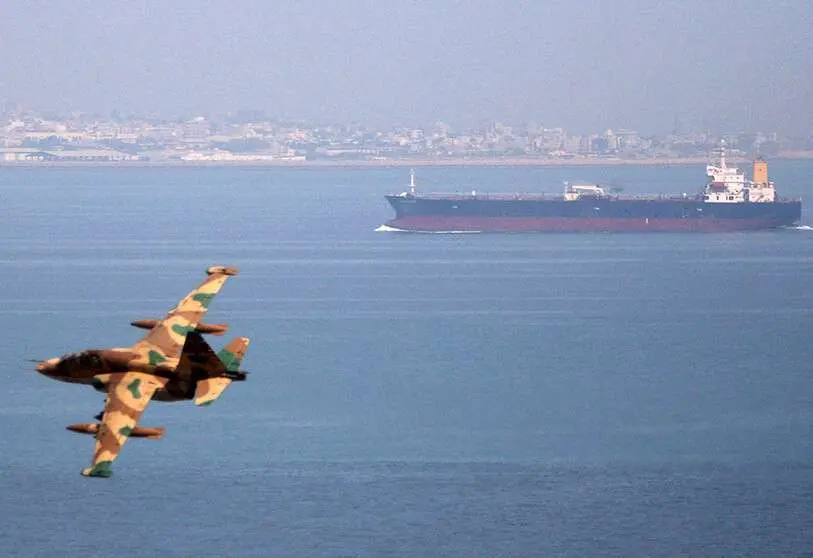Iran conducts large-scale air military manoeuvres after the end of the embargo

On Wednesday the Iranian armed forces launched large-scale air manoeuvres to increase their defensive capability, just three days after the international arms embargo against the Persian country was lifted.
According to their organisers, the exercises, which are being conducted by simulating a situation that is "very similar to real combat" in the centre of the country, involve units of the Army Air Defence and the Revolutionary Guard.
The spokesman for the manoeuvres, Abas Farajpur, explained that the aim is to protect the country's strategic sites with the help of reconnaissance systems, radar and home-made missiles. "The first stage of the simulation involves the deployment of defence systems, including missile and radar systems, with a focus on mobility and rapid response," said the spokesman, quoted by the Mehr agency.

During the exercises, electronic warfare equipment and communication systems are used and the Air Force displays fighter planes, bombers and drones.
All the equipment used in these manoeuvres is home-made, although from now on Iran has the right to buy and sell weapons as the aforementioned UN embargo expired on the 18th.
The Iranian president, Hasan Rohaní, stressed during the cabinet meeting that there has been "the victory of the logic of law over coercion", alluding to the fact that the United States attempted to extend the embargo and threatened to sanction those who trade with Iran. "No matter how many weapons we buy or sell, the important thing is to get our right," he stressed.
For his part, the head of diplomacy, Mohammad Javad Zarif, stated in a virtual meeting of the Security Council last night that "Iran has no intention of participating in an arms race in the region and starting a wave of purchases".
Zarif stressed in his speech that "security and stability can never be bought" and criticised the fact that the Sunni Gulf countries have made massive arms purchases from the United States.

Due to pressure from the US and its sanctions on Iran's defence ministry, as well as the economic crisis the Persian country is experiencing, Teheran is not expected to make many acquisitions of weapons in the short term.
Indeed, the defence minister, Amir Hatami, stressed this week that Iran has pursued a "policy of self-sufficiency" and that it is going to focus more on selling than buying. "We will offer our products to many countries that are subject to US hostility and have the right to legitimate defence", Hatami said, without specifying the names of the possible buyers of Iranian weapons.










